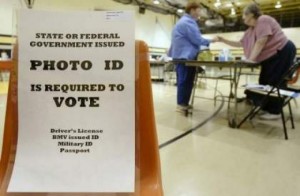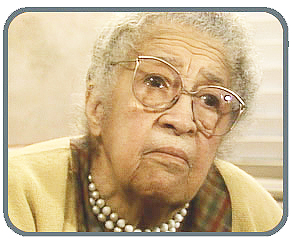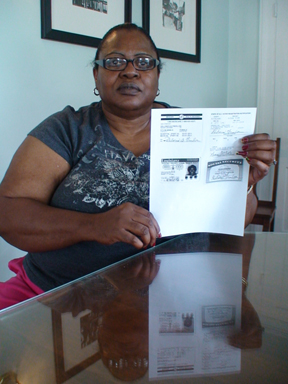By Christine Johnson
SC Equality
I was frankly a little scared when I returned to South Carolina for employment in 2010. Raised in Charleston 30 years ago and recalling the discrimination my African-American friends endured, I suspected that as an open lesbian, I might face similar discrimination and lack of understanding. I knew some people would think I “chose” to be lesbian and that I was both unpatriotic and godless. I knew many would not understand the way I value family and treasure authenticity or my profound respect for the Constitution.
When I came home, however, I remembered that I was also proud of the richness of diversity, culture and tradition that makes South Carolina my true home. We celebrate arguably the best cooking in the country and the most gracious hospitality, and we know the value of simple kindness. We are diverse in race, ethnicity and faith, and when it really comes down to it, we respect one another as fellow South Carolinians.
Make no mistake, I’ve found my fair share of unkind folk. I’ve been the target of disrespectful gestures, called tasteless names and heard jokes at my expense, but mostly found that “bless your heart” is the common response to sharing my sexual orientation and work in lesbian, gay, bisexual and transgender advocacy. In addition, I’ve found a LGBT community that, although challenged and discriminated against, thrives in my home state. And you know why? Because like you, South Carolina is their home too, and we share a similar adoration of this beautiful place.
People both in and out of South Carolina are surprised to learn that in 2008, the Williams Institute at UCLA Law School estimated there were 117, 500 lesbian, gay, bisexual and transgendered people living here. And according to the 2010 Census, there are 11, 532 same-sex couples in our state.
But the numbers shouldn’t surprise us, because there is no difference in the per capita number of homosexuals born in South Carolina than in California or New York — and apparently, home is where your heart is.
Last summer, S.C. Equality conducted a survey of more than 1,000 lesbian, gay, bisexual and transgender South Carolinians, from 44 of 46 counties. More than half had lived in South Carolina for more than 20 years, 86 percent were raised Protestant, 64 percent attend church, and nearly 10 percent had served in the armed forces. So there it is: We are growing in number and love our state, are patriotic and God-fearing, and I suspect that when all is said and done, there is no constitutional or justifiable reason to treat fellow South Carolinians as less than equal under the law.
Yes, there are those who perceive homosexuality a choice and a sin according to their beliefs, and I can respect that. But we cannot grant rights, protections and entitlement to only some people based upon our religious beliefs. Our federal Constitution grants equal protections, and creating classes of people based upon discrimination is unconstitutional. There’s simply no way around it.
So, we can agree to disagree, each with individual opinions and beliefs, voting our consciences, but at the end of the day, we are all South Carolinians with hopes and dreams for our families and our futures. Although there is much that makes us different, there is so much more that makes us one. Different isn’t bad, diversity is a blessing, and for me, home absolutely is where my heart is.
Johnson is a former two-term member of the Utah House of Representatives, and is executive director of S.C. Equality, a longtime member of the SC Progressive Network.



